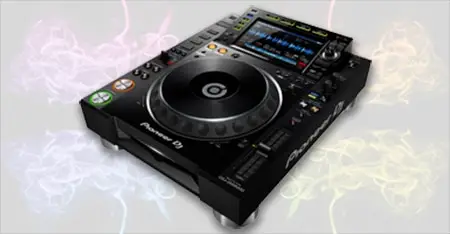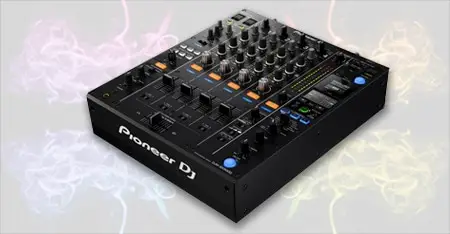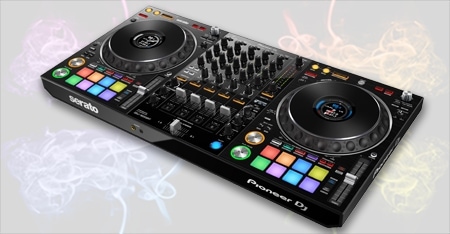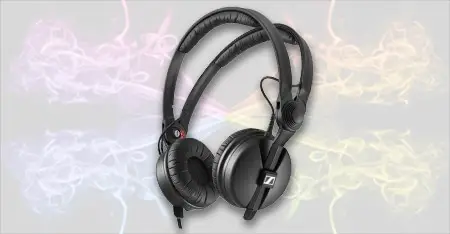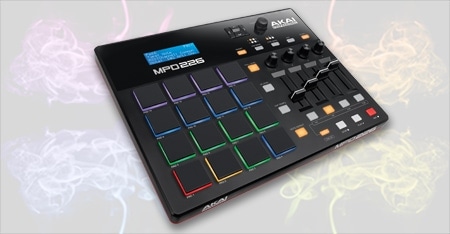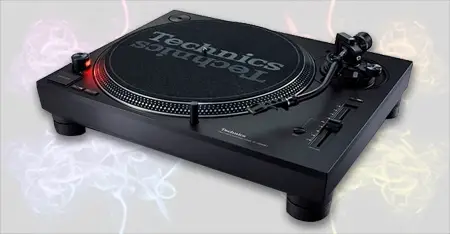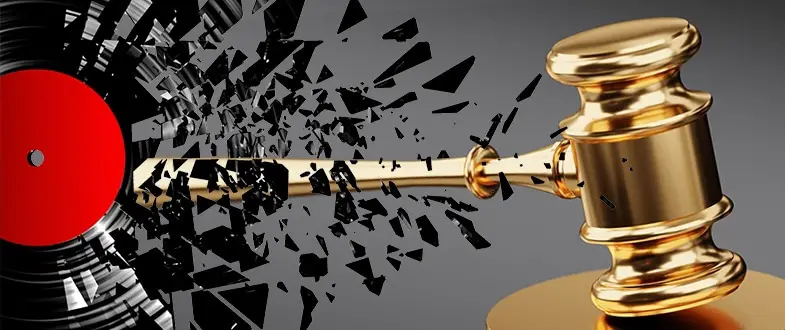
This is a question that came up recently when a friend couldn’t believe the choice on offer for the fee a record pool was charging. DJs should always strive to support the scene they are part of. This makes are DJ record pools legal such a vital question to answer.
DJ record pools are legal when they are run properly. They are supported by labels (who directly provide the music) and they also adhere to licensing to make sure artists get paid. In these days of illegal downloading, there are sites that pretend to be DJ record pools but don’t pay license fees, these are not legal.
Sometimes the illegal DJ record pools can be hard to distinguish from the legal ones. But there are some telltale signs and things to look out for.
Are DJ Record Pools legal?
Contents
Just like any music distributor, whether DJ record pool or shop, there are licensing guidelines that must be followed in order to be considered legal.
The licensing rules vary depending on jurisdiction and territories but there is a lot of crossover in. Some of the biggest licensing organizations are PRS, BMI, ASCAP and GEMA. It is these organization’s job to track the sale/download of music and then make sure the artist gets paid.
This is how a DJ record pool will ensure their legality. By signing up and adhering to any relevant license rules in their territory they protect themselves against being accused of copyright infringement. It also means they are doing their part in ensuring the artists themselves are getting what is owed to them.
In short, a DJ record pool will pay the licensing organization, who then distributes money to the labels and artists.
To see a list of the best DJ record pools, head here.
DJ Pools and Record Labels

It is also worth noting that legitimate record pools are actively supported by labels themselves. Labels provide the music directly to the pool on the promise that is will be accessed and then promoted by professional DJs.
This is why legit record pools require DJs to apply and often prove that they are an actively working DJ. This is because the labels want their tracks to be heard in clubs, on radio, etc.
The model breaks down like this:
- Labels provide digital music directly to the DJ pools
- Membership to these pools is only available to professional/gigging/radio DJs
- DJs then play the tracks in their shows
- The general public hear the tracks and purchase them from the usual outlets (record shops or online stores such as Beatport etc)
By providing record pools with music directly, the label gains another promotion channel to get their artists out there. One which doesn’t cost them any actual money in advertising.
Instead, the music is put directly in front of a targeted audience (i.e DJs) who are already active members of the record pool.
This model is also not restricted only to labels. It is also common for DJ record pools to work directly with individual artists and producers. The variety of labels and artists on a record pool’s roster will vary depending on their size and ability to vet and manage the number of submissions they receive.
What Exactly Are DJ Record Pools?

DJ record pools are music promotion services that have large databases of tracks available to download. These are accessible only to working DJs who have applied and been approved by the record pool.
DJs pay a monthly membership/subscription which covers the cost of running the record pool as well as any licensing fees they may have. Generally speaking, being a member of a legal DJ record pool is much cheaper than buying the same number of tracks individually.
Often, due to the music coming directly from labels, tracks will often be available on DJ record pools before they have been released to the general public. This is because the labels want DJs to be promoting the tracks and building up anticipation for its release.
This is also beneficial for the DJs as they have a level of exclusivity, at least for a while, and are able to stay on the cutting edge.
You can find a list of the best DJ record pools here.
Love DJ gear?
So do we, check out our favorites…
Who and What Are PRS, BMI, ASCAP & GEMA?

These are organizations/bodies that protect music rights and ensure it’s members get paid. They provide a central point for business to be able to license a broad range of music. This saves a business having to make deals with each individual record label.
Instead, labels register with one of the licensing bodies to which businesses then pay directly. Then, depending on downloads (for example) the organization will distribute any money owed to that label. The organizations fill the role of music rights management so the labels don’t have to.
This has the benefit of protecting the music and supporting the industry as a whole. In some instances, they can also act as lobbying bodies which aim to influence policy in favor of music creators.
What Rights Does Downloading from a Legal DJ Record Pool Give You?
Downloading music from a DJ record pool gives you exactly the same rights as if you bought it from a store. This means that although you own the music and are able to play it, you never own the copyright itself. This remains with the original artist/label.
While you are free to re-edit tracks or create mashups etc you can still never use these for commercial gain. Essentially what this means is you are unable to resell anything you have downloaded from a record pool.
Can You Play the Tracks in Clubs Etc?

Again the same rules apply to when you have bought music from, say, Beatport. Although the rights under which you are covered are slightly different.
In short, yes you can play record pool music in clubs. However, this is not because the record pool is adhering to the licensing bodies, like PRS for example. Instead, the club or venue you are playing at should be registered and paying the licensing body. This then covers the music that you play.
Therefore there is no need for you to pay a personal license. One caveat to this might when holding an event in a venue that doesn’t normally play or host music. In this case, there might need to be a new license registered. If you are the sole event organizer then you might want to check with a local copyright lawyer to check this for you.
If you’re looking to get more DJ gigs, check out this post.
How Do I Tell If a DJ Record Pool Is Legal?

Before you join a DJ record pool it is worth checking both their terms & conditions and their FAQs. If they are doing everything legally then they should list which listening bodies they conform to. Also in their T&Cs they will describe the copyright restrictions that are in force on their system.
DJCity, for example, clearly states that they adhere to copyright (on their T&Cs page) as well as PRS and GEMA (FAQ page).
If you are in any doubt, or cannot find the info on the site then send a message to the record pool support. If they are unable to provide information about licensing or don’t reply, then you might want to steer clear.
Another indicator of how strictly a record pool is adhering to rules is the price. DJcity is $30 a month, which is about average. Although some are more expensive, any cheaper than this might be a sign that the pool is cutting corners i.e not paying their fees to the licensing bodies.
Although being charged with copyright infringement is rare, it can be a very expensive mistake to make.
Conclusion Are DJ Record Pools legal?
The answer, like with most things, is nuanced. Yes, they are legal, certainly, the biggest and most famous pools are. However, it is very easy for sites to rip large music libraries and then set up a front pretending to be a legitimate DJ record pool. Therefore it pays to do a bit of due diligence before you commit to joining any one particular pool. Particularly if you are keen to support the industry that you are part of.
After all, it might very well be you that is missing out on payments because of fake record pools…
What next?

